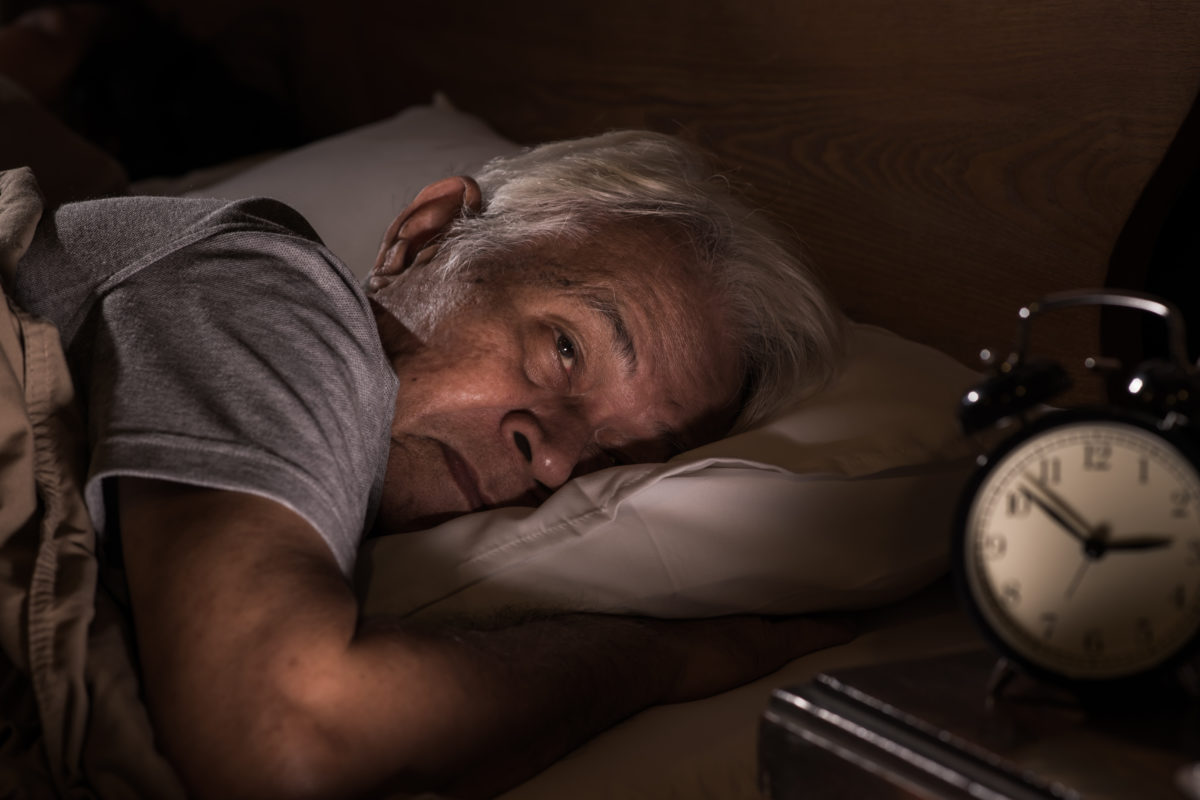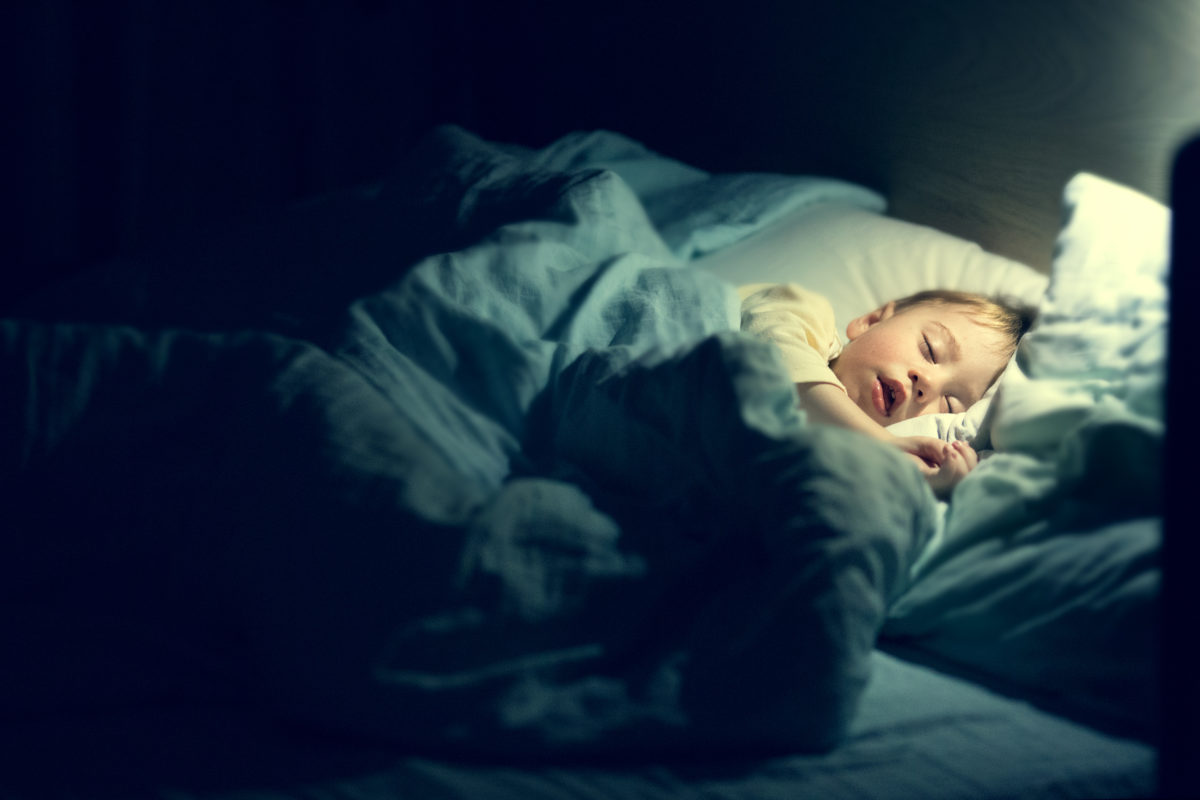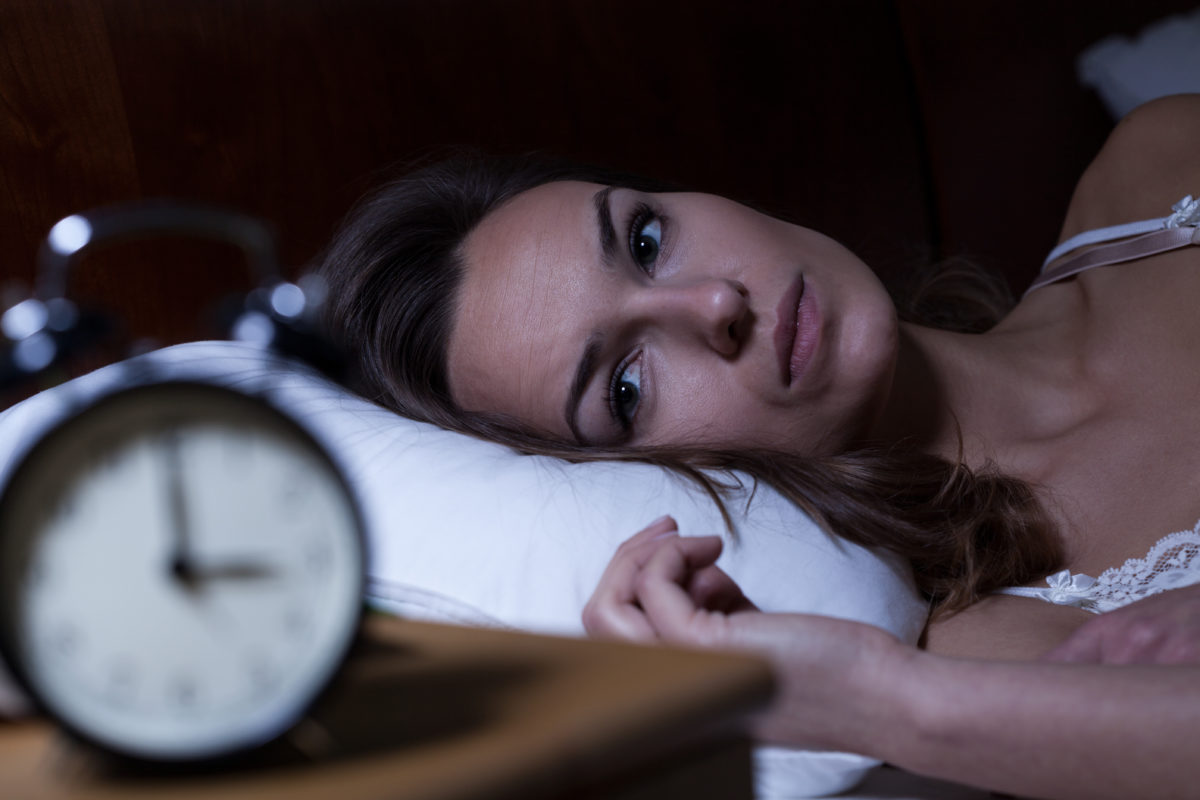Your Guide to Understanding Why Sleep is Important and How Many Hours of Sleep You Need
There is an innate drive to make the most of our waking hours. We need time for work, hobbies, family and friends, or simply to sit in quiet relaxation. But there are never enough hours in the day, so we go to bed later and wake up earlier. But cutting our hours of sleep does not solve our problems. It worsens them.
Sleep is vital to our wellbeing:
- It lowers your risk of depression
- It lowers your risk of high blood pressure, diabetes and other chronic health conditions
- It increases your concentration and creativity, making you more productive.
- It keeps your immune system strong.
- It helps with hormone regulation, particularly those that help with appetite, weight and growth.
When we hear people ask, ‘how much sleep do we need?’, we strongly suspect that they really mean, ‘how little sleep can I get away with?’ In a way, that’s the question this guide aims to answer. We’ll teach you how many hours of sleep you need at your age to stave off sleep deprivation and maintain your mental and physical health.
In this guide, we’ll explain:
- How much sleep you should be getting at your age
- How to recognise when you’re not getting enough sleep
- How to fix your sleep routine and fall asleep faster
Remember that what you sleep on is just as important as how long you sleep. The right mattress gives you the best shot at a relaxing and restorative sleep. A good choice to start with might be Australia’s Mattress of the Year 2022.

You Don’t Sleep Enough: Symptoms of Sleep Disorders and Deprivation
If you’re not getting the right amount of sleep, you’ll begin to notice the effects as clear as day.
- You’ll lose focus and concentration constantly. Without proper sleep, you’ll be unable to apply yourself to a task for meaningful periods of time, making you far less productive and creative.
- Your cognitive abilities will decline. You’ll find yourself unable to create lasting memories and will forget even minor recent events. Your judgement, inhibitions and problem-solving skills will similarly take hits.
- You’ll feel lethargic all the time. If you wake up tired, there isn’t anything you can do to fix it during the day. Sugar hits are temporary fixes, and if you maintain poor sleep habits, you’ll find yourself lacking the motivation to accomplish even basic tasks.
- Your mental health will plummet. Being sleep-deprived causes emotional volatility, and you’ll be more irritable, depressed and anxious as a result. You’ll also find it harder to lift yourself out of negative states.
You’ll lose control of your appetite. Without the hormonal balance sleep provides, you’ll see drastic fluctuations in your weight. A loss of appetite may cause your weight to drop dangerously low, or the urge to snack on sugar and carbs may cause you to gain an unhealthy amount of weight.
A Good Night’s Sleep: How Much REM Sleep Do You Need?
Quality is just as important as quantity; even if you’re getting enough sleep every night, you need to ensure you’re getting high-quality deep sleep, too. But how much deep sleep is normal? Well, first, let’s cover the basics.
Sleep occurs in stages, in a sequential process referred to as a sleep-wake cycle. Each stage takes us into deeper and deeper sleep, with the final stage being the rapid eye movement stage or REM sleep.
Throughout the night, you’ll complete multiple cycles of non-rapid eye movement (NREM) sleep and REM sleep. Each stage has its benefits, and healthy sleep means giving the body enough time in each stage every night.
Understanding Sleep: What Are the Different Stages of Sleep?
Quiet sleep
Also known as non-rapid eye movement sleep, this isn’t exactly sleep. It’s more akin to meditation. Non-rapid eye movement is the state of calm relaxation you fall into once your head hits the pillow. You’ll consciously ready yourself for sleep, which you’ll likely be looking forward to, and try to let go of whatever’s on your mind. Within a few minutes, you’ll be sleeping properly.
N1
The first stage of sleep, lasting only a few minutes, transitions you from wakefulness into sleep. Your body relaxes, your heart rate slows, and your mind clears. At this stage, you can still be easily woken and pull yourself out of bed if the need arises.
N2
The second stage of sleep lasts up to 30 minutes. Your brain begins to cut out external stimuli (like noises and lights) and consolidates the day’s events into long-term memories.
N3 (deep sleep)
This is the good stuff; this stage is basically a tonic for the mind and body. Blood flow redirects to the brain to aid with memory consolidation and flush the brain of the byproducts of daily activity. This process is vital for long-term brain development and ongoing health.
At the same time, your body will also begin its muscle growth and repair processes. Your immune system also becomes more active, which is why sleep is so important when you’re ill.
REM sleep
This is the fun stage. As you can imagine, the rapid eye movement stage refers to the rapid movement of your eyes as your dream. But that’s not the only drastic change this stage brings on. Your sympathetic nervous system spikes in activity, increasing your heart rate and blood pressure. These changes rise and fall with your dreams, immersing you in their events. Fortunately, your brain disconnects itself from your body, preventing you from acting out your dreams and hurting yourself.
How Long Does a Sleep Cycle Last?
Sleep cycles last approximately 90 minutes but can last longer depending on your age, amongst other factors. You will usually experience 4 – 6 sleep cycles per night. The time spent in each stage will increase with each successive cycle. The time it takes to complete multiple cycles determines how much sleep you need.

Sleep Guidelines By Age Group
| How many hours of sleep should a child get? | |
| Ages 0-3 months | 14-17 hours per day |
| Ages 4-11 months | 12-15 hours per day |
| Ages 1-2 years | 11-14 hours per day |
| Ages 3-5 years | 10-13 hours per day |
| Ages 6-13 years | 9-11 hours per day |
| How many hours of sleep should a teenager get? | |
| Ages 14-17 years | 8-10 hours per day |
| How many hours of sleep should an adult get? | |
| Ages 19-64 | 7-9 hours per day |
| Ages 65 and older | 7-8 hours per day |
Expert tip: You’ll know you’ve had enough sleep if you don’t wake up tired the following day. Use the hours in this guideline as a starting point, but feel free to increase or lessen your sleeping hours as you need.
How to Improve Your Sleep: Creating a Better Sleep Schedule
The best way to combat sleep deprivation is through structure. The first step is to create and maintain a proper sleep schedule. However, you’ll also have to make minor adjustments to your daily routine to foster better sleep hygiene.
What is a Sleep Schedule?
A sleep schedule is a consistent routine for going to bed and waking up. Based on the number of hours of sleep you need per night, set a reasonable bedtime that’ll still let you have some time for yourself after work or school.
The key to a sleep schedule is consistency. Your body will begin to remember the pattern. You will fall into a deep sleep much quicker and will begin to naturally wake up at your set morning time without the help of an alarm clock.
How to Get Better Sleep
- Exercise regularly. Exercise releases endorphins that improve your mood, relieving stress and getting you ready for deep, restful sleep.
- Avoid caffeine and nightly snacking. Along with alcohol, caffeinated drinks and sugary or heavy meals disrupt your sleep cycle and should be cut out.
- Keep your bedroom dark and quiet. Maintaining a healthy sleep environment is extremely important for inducing sleep. Try to remove as much light as possible, including LED alarm clocks and translucent curtains.
- Develop a calming pre-sleep routine. Try to cut out stimulants, like TV, and stop working at least an hour before bed. Do something you enjoy that’ll calm you down, like reading or meditation.

5 Signs You’re Getting Enough Sleep
If you’re getting a consistent healthy amount of sleep, you’ll begin to see the benefits quite quickly.
- You’ll wake up without an alarm. Once your sleep routine settles, you’ll find yourself naturally waking at around the same time every morning. And if your alarm does beat you, you’ll feel refreshed enough to pop out of bed without a groan.
- You won’t crave caffeine. After a good night’s sleep, you won’t feel the need for espresso to take the edge off. A quick cuppa is part of many people’s morning ritual, but now, you might feel more inclined to a decaf, a juice, or a big swig of water.
- You won’t crave junk food. Exhausted people crave junk food because they need the sugar and carbs to keep them going. But proper sleep health leads to proper physical health, and fast food can return to being an occasional treat rather than a daily indulgence.
- Your weight stabilises. Getting enough sleep balances your hormone and insulin levels; without constant food cravings and a clearer sense of fullness after every meal, you’ll find your weight won’t fluctuate as much, giving you the chance to comfortably set new goals for yourself.
- You’ll be in a good mood. With your sleep debt in check, your hormones in balance and your body in good health, your emotional volatility will stabilise and your concentration will come into focus. You’ll feel happier, more productive and creative than ever before.
Setting yourself up with the right mattress is the first step to overcoming your sleep problems. We have just the thing. You might like to try the Yinahla Classic Comfort Mattress, awarded Australia’s Mattress of the Year 2022. That’s not our only award winner, however; browse our range for more sleep-inducing stunners.












